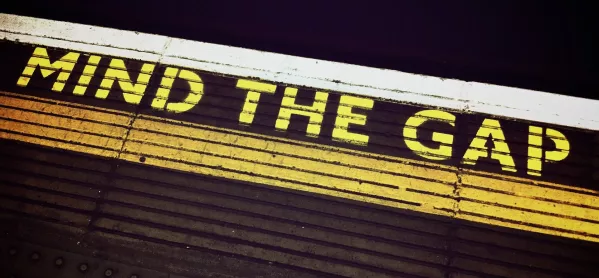“The international research is very clear that overall there is no positive impact of setting and streaming on young people’s attainment,” says Professor Becky Francis, director of the UCL Institute of Education.
In this week’s Tes Podagogy podcast, she explains in detail why this might be and reveals just how damaging setting often is for the education prospects of disadvantaged children.
“We find a disproportionate amount of kids from low socioeconomic backgrounds in low sets and streams,” she says. “And we also know that kids in low sets and streams make poorer progress than those in higher sets and streams. So those children are subject to a double advantage, that is being pushed onto them by the education system. The kids that need the best help and the best practice are being disadvantaged by grouping practices. This is why grouping is an issue for social inequality.”
Setting in schools
In a detailed discussion around setting practices, professor Francis explains where schools often go wrong when setting and the logistical challenges in opting for alternatives. She touches on behaviour, special educational needs and disability and teaching effectiveness. She also reveals that mixed-ability teaching is currently not a valid alternative, because of a complete lack of research about how to do mixed-ability teaching well.
“If we are not able to tell teachers what the alternatives look like and provide good quality materials and support and so on, then why on earth would they discard the practice of a lifetime?” she asks.
Touching on social justice, her current research project pinpointing where setting goes wrong - and a range of other issues including self-perception, motivation and peer impact. It is a podcast that should give you everything you need to know about setting in schools.
You can listen for free by downloading the podcast from iTunes or listening below.
Want to keep up with the latest education news and opinion? Follow Tes on Twitter and Instagram, and like Tes on Facebook
